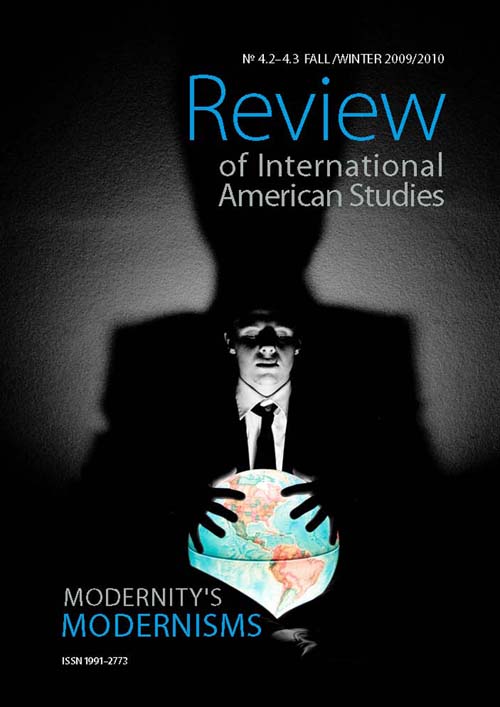Reinventing Art and Ethnography: Hurston, Dunham and Deren in Haiti
Reinventing Art and Ethnography: Hurston, Dunham and Deren in Haiti
Author(s): Kirsten StromSubject(s): Language and Literature Studies, Studies of Literature, Other Language Literature, Cultural Anthropology / Ethnology
Published by: Wydawnictwo Uniwersytetu Śląskiego
Summary/Abstract: While ‘modernism’ has been theorized by some as an age based on the Enlightenment pursuit of the purity of isolated disciplines (with post-modernism framed conversely as a corrective era of interdisciplinarity), this essay considers the work of three figures practicing decisively interdisciplinary research in the very heyday of the modern era. Indeed Zora Neale Hurston, Katherine Dunham, and Maya Deren, each of whom traveled to Haiti in the decade between 1935 and 1945, all practiced both the fine arts and the social sciences, very frequently at the very same time.Before treating the three figures individually, however, the essay briefly discusses the question of Haiti’s significance, framing it within the context of the progressively intended anthropological discourses of the era. Indeed, both Franz Boas, Hurston’s mentor at Columbia, and Melville Herskovits, one of Dunham’s advisors, practiced a relativist anthropology with the specifically declared intent of generating a greater respect and understanding of cultures widely dismissed as ‘primitive’ by the white, Western mainstream. The religion of Haitian Voudoun, in particular, had been widely stereotyped throughout the US as an irrational and violent cult based on witch doctors and zombies. As if in response, Hurston, Dunham, and Deren each conducted participant-observer research in Haiti which inspired both anthropological texts and works of art in the media of fiction, dance, and film respectively.Zora Neale Hurston’s time in Haiti yielded the text Tell My Horse: Voodoo and Life in Haiti and Jamaica, which effectively fused the genres of ethnographic reportage and autobiography, while delivering the text in a distinctively literary narrative voice. While several recent scholars have commented on the hybridized nature of her ‘ethnographic’ work, they have tended to privilege her work with rural African-Americans, leaving Tell My Horse in need of additional consideration, which this essay begins to provide.Katherine Dunham journeyed to Haiti in 1938 with a calling card marked, ‘Dance and Anthropology’. Her completed Master’s Thesis, ‘Dances of Haiti’ was later hailed by Claude Levi-Straus specifically for the uniqueness of Dunham’s interdisciplinary credentials. Indeed, as Dunham herself has claimed, ‘I explained that I was there to learn dances because I like to dance; to a people for whom dancing was an integral, vital expression of daily living this explanation seemed natural enough’. Thus she established her own credibility as a transparently interested person who liked to dance, rather than as a peculiarly detached and culturally parasitic scientist, studying humans as one might study insects. Her ensuing career was to include decades of choreography inspired by Haitian and other Caribbean dances in both ‘high art’ and popular venues.Filmmaker Maya Deren traveled to Haiti on a Guggenheim grant, intending to produce an ‘art film’, that would be a document of the visual forms...
Journal: Review of International American Studies
- Issue Year: 4/2010
- Issue No: 1-2
- Page Range: 67-82
- Page Count: 16
- Language: English

